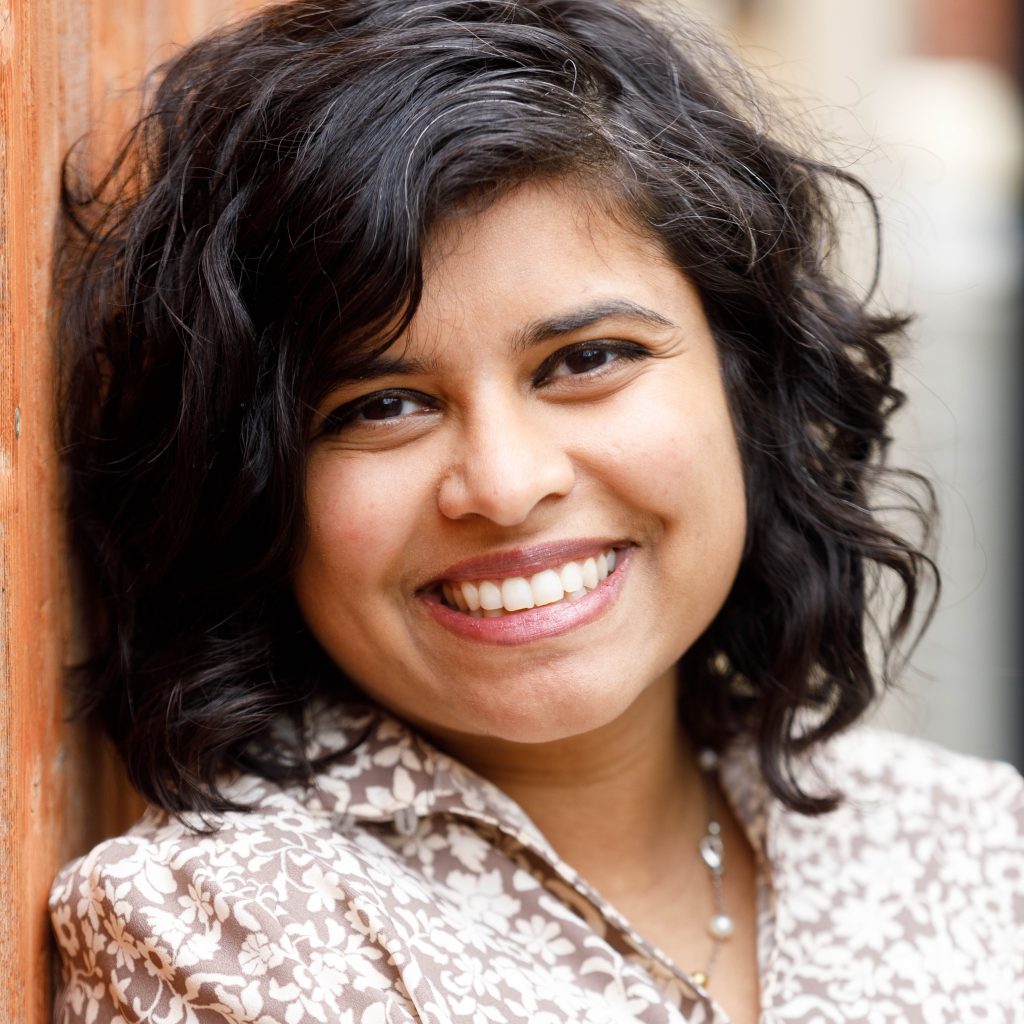As a pediatric physician who trained in an academic hospital, I worked in collaboration with many medical specialties in my job, taking care of patients with complex medical needs.
I interfaced often with surgeons, physical therapists, nutritionists, pharmacists and, over the years, learned increasingly intimately about the intricacies of the roles they played as my relationships with colleagues developed.
However, there was one group of folks that remained elusive, a mystery, in their role in the hospital system – clinical ethicists. Clinical ethicists would be our go to consult when we had an ethically challenging patient situation. Yet, I never quite knew what they did and had never met anyone in the role. I could not conceptualize what it meant to be a part of a clinical team with the goal of considering the philosophical and ethical dimensions of our practice. And with the onset of the COVID-19 pandemic, the role of clinical ethicists became essential. They helped us with situations we could not anticipate as we navigated conversations of resource scarcity in an unprepared health system.
After finishing my training, I attended the Conference of Medicine and Religion in Portland, Oregon with my dear friend and co-founder Laura. Laura and I started an organization called Introspective Spaces, dedicated to building reflective spaces for women in healthcare to foster community, and connection and to share stories with each other. We found our organization on our years-long interdisciplinary and interfaith friendship (Laura is a nurse who identifies as contemplative Christian and I identify as Buddhist/Hindu), and we were eager to meet kindred spirits in healthcare along the way.
During a chance meeting in a conference session, we connected with our dear friend Jaime Konerman-Sease, a clinical ethicist at the University of Minnesota. Chatting around a nondescript conference table, we talked about things like the ultimate values of medicine, the role religion plays in building courage to act ethically, and the hesitation most clinicians feel when incorporating their religious commitments into their healthcare practice.
Jaime and I hit it off right away. Immediately after the conference, we set up a Zoom call with no agenda besides learning about each other’s roles and identities. Even though we came from diverse backgrounds (Jaime as a clinical ethicist who identified as Protestant), we found so much overlap in how our spirituality influenced our work. The role of a clinical ethicist fascinated me. I learned that Jaime’s clinical ethics department was tasked with addressing moral distress in their hospital system. Moral distress is specifically stress that is caused by institutional or systemic barriers. It occurs when clinicians know what the right thing to do is but are limited in acting because a policy or institutional leadership prevents them from doing so.
It was something I had experienced intensely throughout my medical training but spent years without the vocabulary to understand why I felt that way. Conversations with Jaime felt therapeutic – I felt so much less alone when I could share the years I struggled with my clinical job.
Over our conversations, we reflected fondly on our meeting at the conference and how a chance meeting had led to a meaningful friendship. We decided to use the opportunity to attend the conference again to share what we had both gained from our candid conversations. We wanted to share what we had been learning, studying, and dreaming about the antidotes to moral distress – how community care, a focus on the wellbeing of a community over individual wellness, could be a way that we begin to address the depths of moral distress impacting healthcare workers.
Community care, a focus on the wellbeing of a community over individual wellness, could be a way to address the depths of moral distress impacting healthcare workers.
At the 2023 Conference on Medicine and Religion, a year from when we met, Jaime and I had the chance to reunite for our oral presentation on “Community Care on Moral Distress.” We used this opportunity to share how traditional approaches to moral distress, with a focus on individual wellbeing, were woefully inadequate in supporting healthcare workers. None of these institutional approaches to addressing moral distress addresses the cause of that distress – the systemic and institutional barriers. They create an environment where institutional and systemic barriers cannot be changed – that they are immovable and set in stone, that the very foundation of healthcare would collapse if we tried to address them, or they are simply too big to be addressed.
We specifically shared how these individual practices often took practices rooted in spiritual tradition and stripped them of their meaning. For example, a widespread practice of giving away gifts to healthcare workers as a celebration may stem from the tradition of charity in the Christian tradition. Yet, in its current form, it ignores many of the spiritual roots from which charity originates.
A key component of practicing charity is to balance when there is excess – a redistribution of resources. It requires that those who have excess resources give without expectation to those without. Gift-giving done in the name of self-interest or without a true balance of power is not actually charity.
Similarly, resiliency practices such as mindfulness are taken straight from the Buddhist tradition. Mindfulness, when stripped from the ethics of Buddhist practice, can become a tool for oppression rather than a practice which shapes us towards freedom. Mindfulness is often used as a tool to increase productivity – to prevent distress from getting in the way of efficient workflow. Buddhist teachings are grounded in the 8-fold path, the Buddha’s guide to living ethically, training the mind, and cultivating a wisdom that can end suffering. The 8-fold path, of which right mindfulness is a component, also includes core principles such as right intention and right action. When healthcare institutions isolate mindfulness from the ethics from which it is situated, it can feel hollow (for example, if a healthcare institution offers mindfulness apps but refuses to pay for adequate interpreter services on the weekends.)
We argued that authentic care for moral distress means attending to the soul in relational context – moving beyond individual self-care practices to the community practices embedded in a greater ethic or set of values – praxis, ethics, spirituality, and religion. Once connected in a genuine community, healthcare workers can then begin to imagine workable solutions to the root cause of moral distress and address the concerns at the level of the institution. Community is essential for genuine wellbeing. We draw out that authentic community is built not simply on shared space and interpersonal interactions, but shared commitments, beliefs, and values. Only after an authentic community is established can community members engage in the work to transform the institution which causes distress.
We were grateful for the chance to share our conversations with a broader audience and are grateful for the funding offered by Interfaith America and Interfaith Healthcare Cohort who made this possible for us. This session felt like a demonstration for us on how interfaith friendship can be a powerful form of community care. My friendship with Jaime helped me deepen my understanding of my own experiences in the healthcare system. Even though the systems we are seeking to dismantle can seem immovable, we can begin by centering relationships and trust over productivity and efficiency. It is not always practical or logical, but our friendship reminds us we can be rooted in the deep conviction that the wellbeing of healthcare workers is intertwined with the wellbeing of their patients. We are not doing this work alone.

Anu Gorukanti, MD, (she/hers) is a public health practitioner, pediatric hospitalist, and co-founder of Introspective Spaces, a social venture committed to building reflective space and community for women in healthcare. She is also a member of the Sacred Journeys and Witness fellowships.




